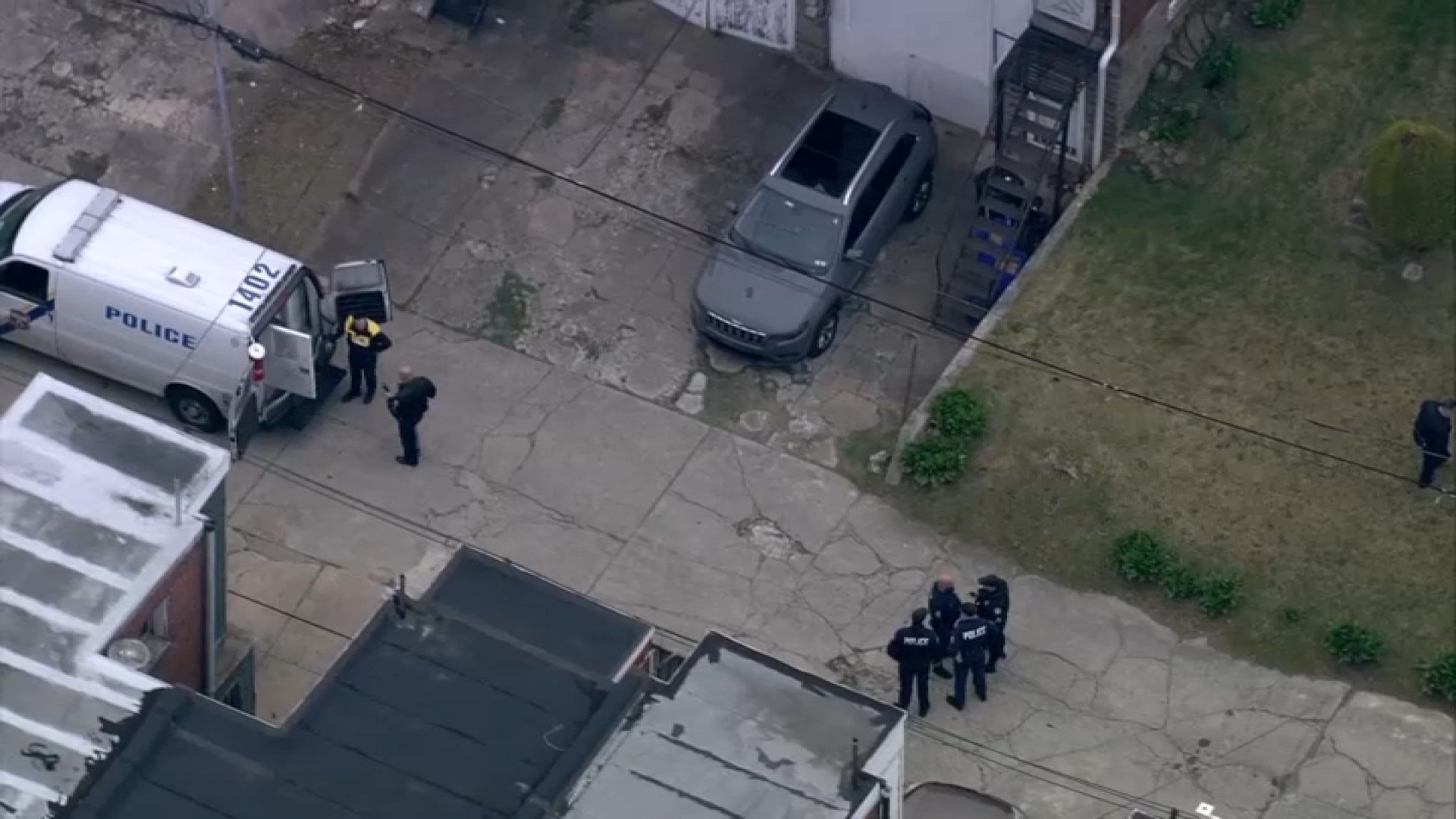The NCAA has asked a federal judge to declare unconstitutional a state law that requires Penn State's $60 million fine over the Jerry Sandusky molestation scandal, money earmarked for child abuse programs, to be used entirely within Pennsylvania.
College sports' governing body filed a motion for judgment late Monday that argued the 2013 law is “blatantly unconstitutional” because it discriminates against interstate commerce, takes private property without fair compensation and violates rights under a private contract.
Penn State accepted the fine two years ago as part of a consent decree, with the $60 million endowment intended for use in detecting, preventing and treating child abuse. At least $15 million, and the first grant, was supposed to stay within Pennsylvania.
State lawmakers then pushed through the Pennsylvania Institution of Higher Education Monetary Penalty Endowment Act, which directed that all the money should remain within the state, prompting the NCAA to challenge the law in federal court and state officials to sue in state court to enforce it.
Last month the NCAA sought to end the litigation, saying the state could control the money.
Then, on Friday, a state judge kept alive the case that sought to enforce the law. The plaintiffs, Sen. Jake Corman and Treasurer Rob McCord, had not taken a position either way on dismissal of the state case.
Commonwealth Court Judge Anne Covey's ruling means it remains on track for trial in January, a prospect the NCAA indicated it was trying to forestall through the federal courts.
Local
Breaking news and the stories that matter to your neighborhood.
“A decision from this court on the federal constitutional issues would go a long way toward bringing this unproductive litigation to an end so that the proceeds of the NCAA's fine may reach their intended recipients,” the NCAA's lawyers wrote.
It was unclear what might happen to the $60 million if the NCAA prevails in federal court, as a spokeswoman did not directly respond to questions about whether it would be used nationally or just for Pennsylvania.
The NCAA's latest filing described the constitutional issues in stark terms.
“It is difficult to imagine a more patent violation of the Takings Clause than a law requiring a private party _ the NCAA _ to turn over $60 million to the state treasury,” the NCAA argued, asking a federal judge to put their request for dismissal on a fast track.
The consent decree also called for a four-year ban on post-season play, a temporary loss of some football scholarships and the elimination of 112 wins from the final years of head coach Joe Paterno. The NCAA announced last month it was restoring the school's scholarships and postseason eligibility earlier than called for in the consent decree.
Defendants in the federal lawsuit are Gov. Tom Corbett, Treasurer Rob McCord and two other state officials, although the latest filings involve only McCord, to simplify matters because the others have argued they should not be parties to the litigation, the NCAA wrote. Corbett's legal office declined to comment, and McCord's office did not immediately respond to a request for comment.
Sandusky, Penn State's former longtime defensive coach, was convicted in 2012 of sexual abuse of 10 boys and is serving a 30- to 60-year sentence in a southwestern Pennsylvania state prison.



